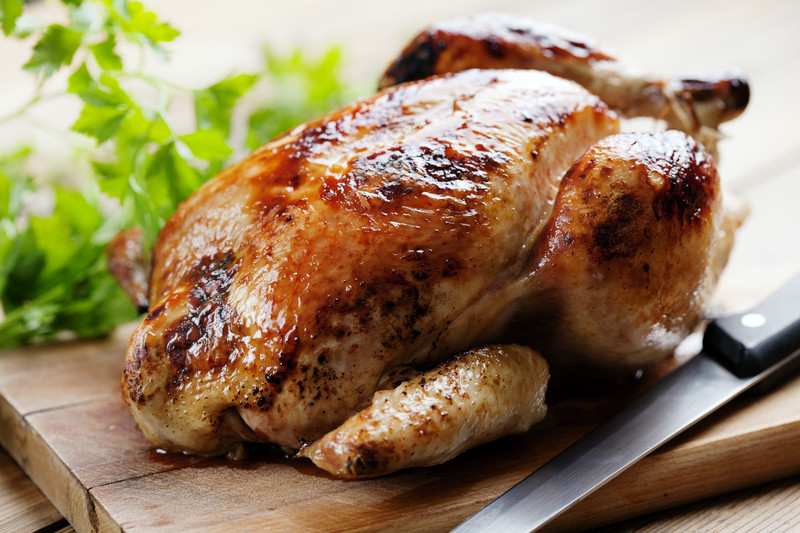What makes our "Pasture-raised" Beef & Lamb different...
posted on
August 1, 2019
Good morning!
The "Grass-fed" label has become very popular.
But, did you know there's a difference between how most "grass-fed" beef and lamb is raised, and how we raise our grass-fed beef and lamb on our Tennessee pastures?
In today's email i want to give you insight into our operation including HOW we move them, WHY we move them and WHAT we feed them (Hint: NO-grains!!)
 During the growing season, we rotate our animals across our pastures to new paddocks of fresh grass. This gives them access to fresh, nourishing grasses each day and allows the plants that they are moved from time to regrow, rejuvenate and repair in time for the herd's next visit.
During the growing season, we rotate our animals across our pastures to new paddocks of fresh grass. This gives them access to fresh, nourishing grasses each day and allows the plants that they are moved from time to regrow, rejuvenate and repair in time for the herd's next visit.
80% of antibiotics used in the United States are actually given to animals in the food system. YIKES! That's not the case at Pure Pastures because our animals are allowed to thrive in their natural environment while eating a diverse number of nutrient-rich plants.
Supermarkets are filled with imported grass-fed lamb and beef (some of which are still largely raised in confinement feedlots) and other products like "Certified Organic" which is largely grain-fed. Truthfully, the best way to know how your animal is fed and raised is to KNOW YOUR FARMER and KNOW THE PROTOCOLS used on the farm. See more about How We Raise The Food by clicking here.
That's all for today! Make sure to send your questions and comments by hitting reply to this email.
Respectfully,
- Melissa Cole
If you're not interested in the last two farm tour emails, you can leave the tour here. (Can click to opt out from rest of tour)
More About Our Pasture-Raised Beef & Lamb:
Without the cattle and sheep, we couldn’t be a regenerative farm. These animals graze our pastures, eating down the grasses ahead of the chickens. They fertilize the land and manage the native and seasonal grasses, ensuring that they grow back stronger each year.
Most of our sheep and many of our cattle have rarely been touched by human hands, and that’s the way we want to keep it. The Katahdin lamb breed only grow hair (not wool), and naturally shed it once a year. They give birth out in the field, on their own, unassisted. Lambs are never removed from the flock, they naturally wean just as they would in the wild. We don’t dock tails or perform any alterations of any kind.
The Katahdin breed produces a much more mild and sweet flavor than traditional lamb or mutton. These sheep have been raised on 100% native, Tennessee grasses, which also contributes to a much more palatable flavor than their grain-fed counterparts.
Pure Pasture Beef & Lamb is:
- Grass Fed
- Grass Finished
- Pasture Raised
- Grain Free
- Antibiotic Free
- Hormone Free
- Beyond Organic
- Naturally Weaned
- Sustainably Raised
- Humanely Treated
Pure Pasture Farms is a small family farmstead in Middle Tennessee that serves Nashville, surrounding areas, and now nationwide with door delivery and local pickup locations for true pasture-raised foods that can be eaten with confidence.
If you prefer to not get updates on inspiring farm news and innovations, delicious new products and seasonal sales you can unsubscribe from all future emails offers here Unsubscribe
Pure Pasture Farms Springfield, TN 37172






